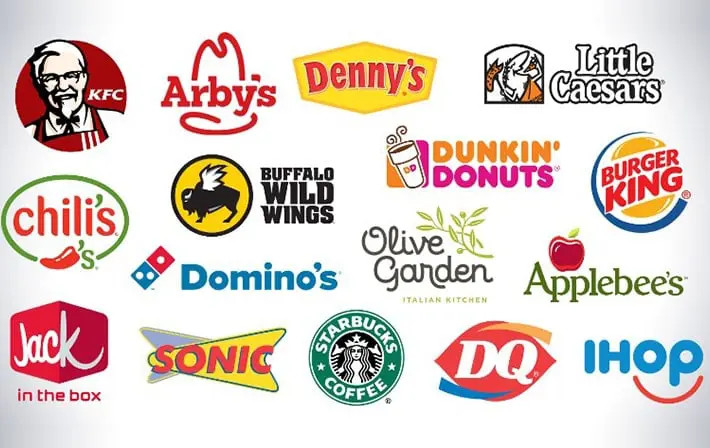The fast food sector stands as one of the most prosperous and well-known industries worldwide. Iconic symbols, such as the golden arches of McDonald’s and the distinctive “S” of Subway, represent convenience, reliability, and affordability. However, the intricate and strategic business model that facilitates this extensive global presence—franchising—often goes unnoticed.
Franchising has emerged as the primary strategy for international growth among many of the largest fast food brands. Companies like McDonald’s, Burger King, Domino’s, and Subway have leveraged franchising to extend their reach across various continents, establishing themselves as familiar names in countries ranging from Japan to Brazil and Russia.
The Advantages of Franchising
Fundamentally, franchising is a business arrangement in which a franchisor (the parent company) grants a franchisee (an individual or business) the rights to use its brand, business model, and operational systems. The franchisee manages the daily operations of the restaurant while adhering to the franchisor’s established guidelines. In exchange, the franchisee typically pays an initial franchise fee, ongoing royalties based on sales, and occasionally contributes to marketing efforts.
This model provides a significant advantage for fast food brands aiming for global expansion. Rather than investing substantial capital to establish restaurants in foreign markets—which can be both expensive and risky—the franchisor depends on local entrepreneurs (the franchisees) to shoulder much of the financial responsibility. Consequently, the franchisor gains entry into new markets, enhances brand visibility, and benefits from the operational knowledge of local business owners.
Strategies Employed by Major Fast Food Chains for Global Expansion
Conducting Market Research and Customization
When a fast food chain seeks to enter a new market, the initial step typically involves conducting market research. The company must gain insights into local tastes, preferences, and dining customs. Often, this leads to menu modifications to align with local cultures. For instance, McDonald’s in India offers the “McAloo Tikki” burger, which features a potato-based patty.
Franchising provides a versatile method for adapting to local markets. Franchisees typically possess extensive knowledge of their regional markets, enabling them to tailor offerings to align with local preferences. Additionally, local ownership facilitates the navigation of cultural subtleties and legal requirements, thereby minimizing the likelihood of failure when entering new markets.
Rapid Expansion
A significant benefit of franchising is the accelerated pace at which a brand can grow. Instead of opening each restaurant under direct company management, which demands considerable capital investment, fast food chains can utilize their franchise network to establish numerous locations swiftly. For instance, as of 2023, McDonald’s operates over 40,000 restaurants globally, with approximately 93% being franchised.
This model allows the company to expand its operations quickly, particularly in emerging markets where the appetite for Western-style fast food is increasing. In various countries, franchisees are keen to enter the fast food sector due to its established business model and relatively low risk.
Consistent Operations
A key advantage of the fast food franchise model is the assurance of uniformity. Whether in New York or New Delhi, a Big Mac is expected to have the same taste. Fast food chains that franchise their operations strive to maintain consistent quality and flavor across all outlets. This is accomplished through comprehensive operational guidelines, standardized recipes, and ongoing training programs for franchisees and their teams.
Franchisors invest significantly in training initiatives to ensure that franchisees and their staff adhere to company standards. This commitment helps preserve the brand’s reputation and encourages customer loyalty by providing a familiar experience, regardless of location.
Brand Awareness
Franchising enables fast food brands to swiftly establish a presence in international markets by leveraging their existing brand recognition. A brand that enjoys strong recognition in one country can capitalize on that familiarity to gain traction in new territories.


Tinggalkan Balasan